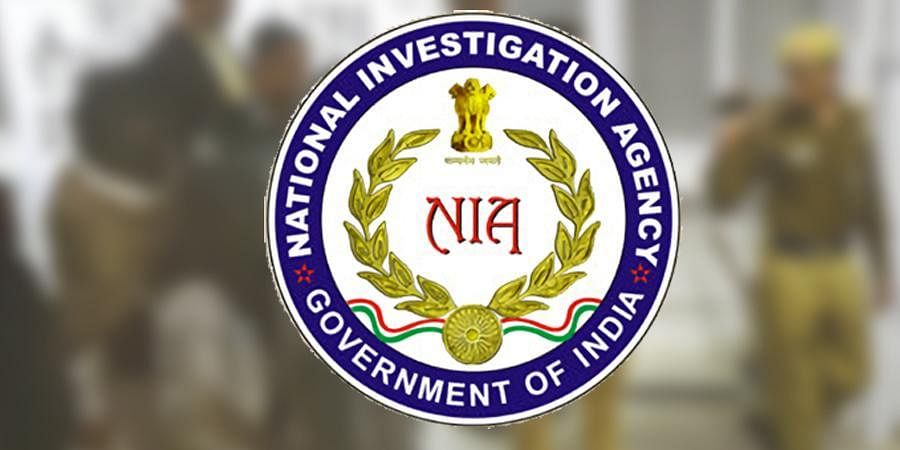Description

Disclaimer: Copyright infringement not intended.
Context
- The National Investigation Agency (NIA) has taken over the investigation into a complaint filed by the Mayiladuthurai police in Tamil Nadu against five people, saying that they planned to form anti-national organisations and had ties to the terror group Islamic State of Iraq and Syria (ISIS).
What is National Investigation Agency?
- The National Investigation Agency (NIA) Act of 2008 established the National Investigation Agency (NIA).
- It is a central agency charged for investigating and prosecuting crimes:
- harming India's sovereignty, security, and integrity, as well as state security and amicable ties with other countries
- oppose nuclear and atomic power plants
- High-Quality Counterfeit Indian Currency Smuggling
- It carries out the United Nations', its agencies', and other international organisations' international treaties, accords, conventions, and resolutions.
- Its goal is also to fight terrorism in India.
- The Central Counter-Terrorism Law Enforcement Agency is in charge of it.
What are the challenges?
- Legal Requirements:
- In the Indian judicial system, there is no provision that allows a domain expert to be a formal member of the evidence gathering team.
- In the absence of such a provision, the prosecution risks being charged with evidence tampering if any agency uses a domain expert, as the Criminal Procedure Code only allows the police to gather evidence.
- Inducement of experts:
- Domain expertise were also required for efficient use of the instruments used to investigate such crimes.
- Investigative agencies had often made suggestions for inducting specialists and providing necessary staff training under the UPA era.
- Cross-border investigation:
- Problems involving many countries demand more skilled and effective teams.
- Such team formations necessitate a change in the legislation as well as the government's willingness to make the change.
- Police – the state subject:
- The preservation of public order and police forces are listed as matters of state in Schedule VII of the Constitution.
- Criminal law, on the other hand, is on the concurrent list, while national security is on the union list.
What is the way forward?
- Given that cross-border investigations are frequently required in cybercrime cases, a mechanism of cooperative investigations involving investigators from India and the nations involved should be implemented.
- The need of team inquiry should be emphasised.
- It is widely used in many nations. Crimes like the ransomware assault on a pipeline network in the United States, for example, were probed by teams of police officers and professionals in the disciplines.
https://epaper.thehindu.com/Home/ShareArticle?OrgId=GIA9PJ15F.1&imageview=0
















